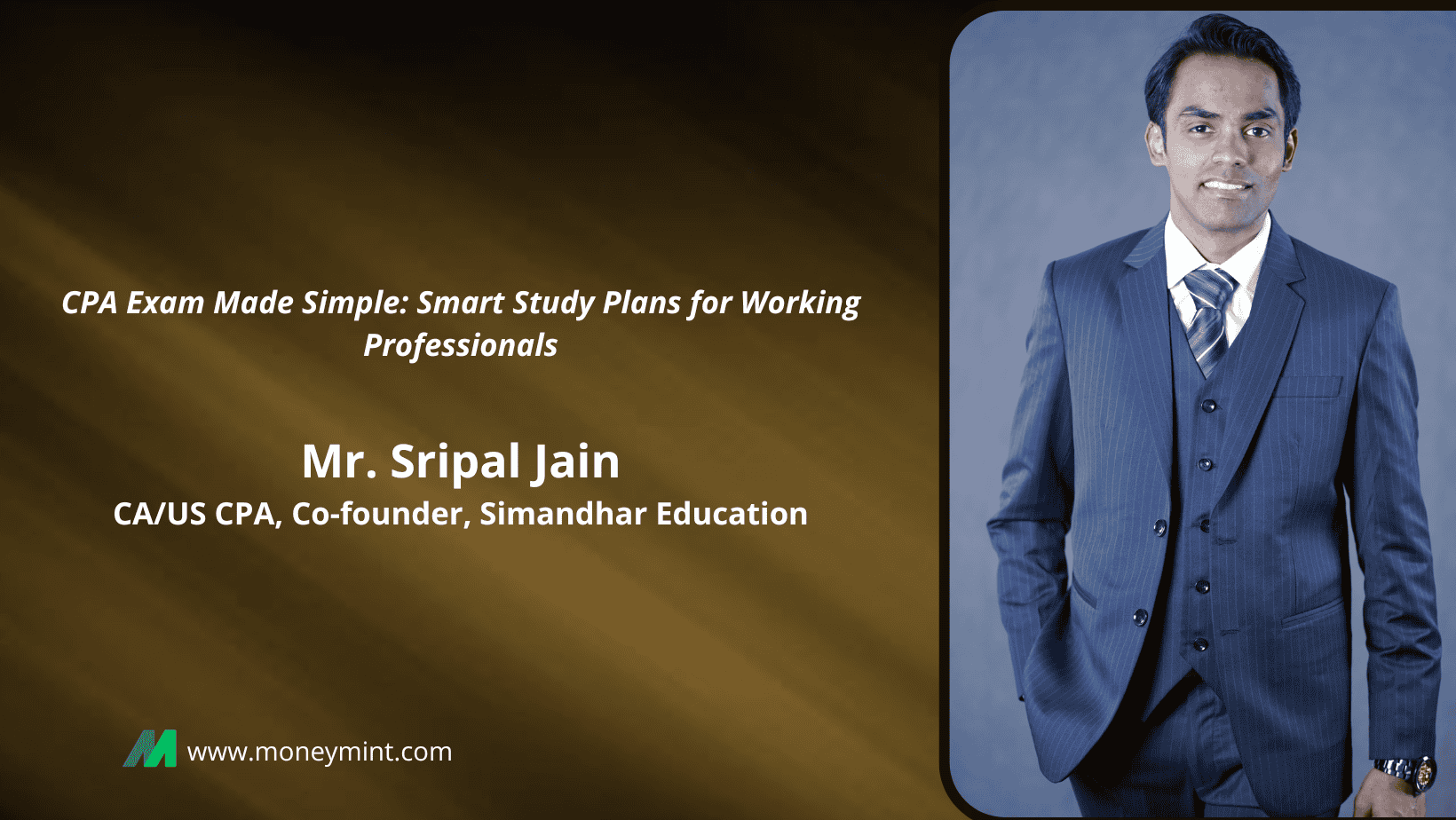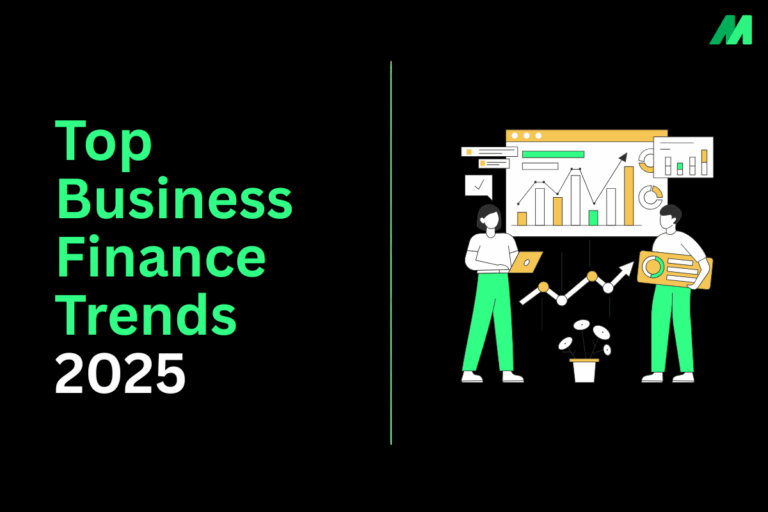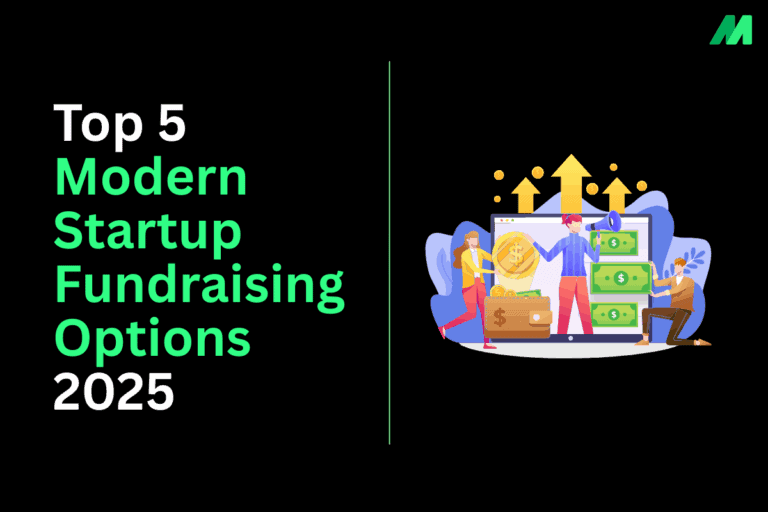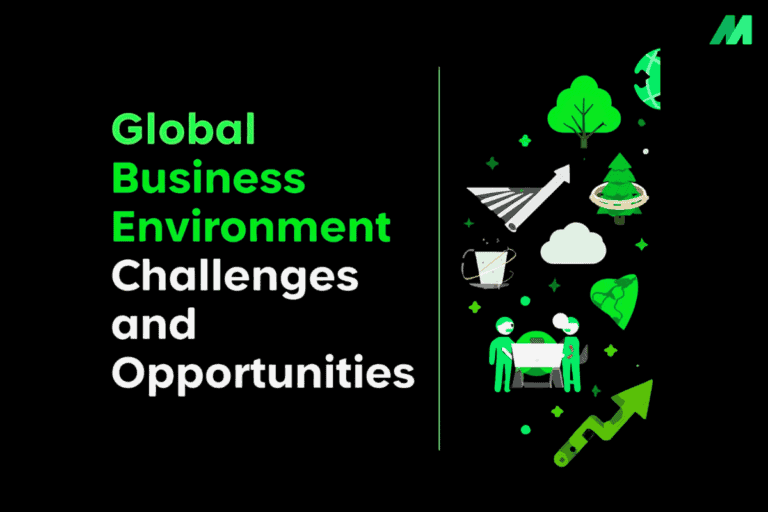When I started preparing for my CPA course, I was already working full-time. I remember coming home after client audits, opening my books, and asking myself, “Do I really have the energy for this?”
If you’ve ever felt that way, you’re not alone. Every working professional who prepares for the CPA course goes through that phase of exhaustion, the self-doubt, the fear of falling behind.
But here’s what I’ve learned after mentoring thousands of candidates: you don’t need more hours, you need more rhythm. You have to design your day around your energy, not your clock.
1. The Plan That Works When Life Gets Busy
Most professionals I meet try to fit a student’s schedule into a working day and it never works. You don’t need six free hours a day. You need two hours that are protected, consistent, and distraction-free.
For my own preparation, I used to wake up early and study before work. Mornings worked for me because my mind was clear. For some people, late evenings are better. The point is: choose your zone and guard it.
A simple 12-week cycle works well for most candidates:
- Weeks 1–8: Watch lectures, take notes, and practice MCQs.
- Weeks 9–11: Full mocks and analytics — find where you’re slipping.
- Week 12: Pure revision and testing.
If you stay on this track for each section, you can realistically finish the CPA course in about a year while keeping your job.
2. Don’t Study Everything. Study What Matters
The CPA course syllabus can look endless, but in practice, it follows a pattern. Certain areas always carry more weight:
- In FAR, focus on leases, consolidation, revenue recognition, and bonds.
- In AUD, drill internal controls and audit sampling.
- For REG, taxation and business law dominate.
When I guide candidates at Simandhar, I always say, “Don’t chase perfection, chase the marks.” Use your analytics reports. They tell you which areas are low-yield and where you can pick up points faster.
3. Use Your Job to Your Advantage
One of the biggest misconceptions is that work is an obstacle to CPA course prep. It isn’t. In fact, your work experience can be your biggest asset. If you’re auditing, you already understand the structure of an audit report. If you’re in accounting, you’re living the FAR concepts every day. One of my students told me that every time she reviewed a client’s financials, she’d mentally map it to her CPA course module and her retention skyrocketed.
That’s the key: don’t separate learning from working. Blend them.
4. Health First, Always
A lot of professionals underestimate this. I’ve seen candidates burn out before their second section just because they ignored rest. Sleep isn’t a luxury, it’s part of the syllabus. When your brain is tired, it doesn’t store information efficiently. So my rule is simple: 6–7 hours of sleep, moderate exercise, and hydration. If you feel mentally drained, take a short walk, not another cup of coffee.
Remember, consistency beats intensity.
5. Real Stories, Real Balance
Let me tell you about Saheli Dutta from Bengaluru. She had cleared CA Final Group I and decided to take up the CPA course while working full-time. She didn’t take a break, she just stayed disciplined. Morning study, office, quick evening revision. She cleared all four sections in her first attempt and now works with Withum, doing Transaction Advisory and Financial Due Diligence.
Then there’s Sidharth Garg from Delhi. He completed his CPA course and is now at BT Pierian as an Audit Associate. And we’ve had learners like Arjun Ramdas from Chennai and Vivek Singh, both of whom finished their US CMA with us and went on to join Infosys and Virtusa respectively.
These people are proof that you don’t have to pause your life to grow it. They didn’t have more time than anyone else; they had a plan and the patience to stick to it.
6. Let Tech Do Some of the Heavy Lifting
When I started, we didn’t have AI tools or adaptive platforms. Today’s candidates do, and it’s a huge advantage.
Our own Digital Sripal mentor and Becker’s analytics dashboards can now tell you exactly which topics you’re weak in, how many questions you need to redo, and even estimate your readiness.
For working professionals, this is gold. It takes the guesswork out of preparation and gives you data you can act on immediately.
7. Keep the Big Picture in Mind
The CPA course isn’t just about passing four exams, it’s a signal of credibility. It tells employers that you can operate globally, that you understand standards, ethics, and business judgment. The journey itself changes you. The discipline you build during this process becomes your career edge later. When I interview finance professionals now, I can always tell who’s gone through a journey like this and they think differently.
8. What to Remember When Motivation Fades
There will be weeks when the mock scores disappoint, when fatigue sets in, when work pressure spikes. Don’t interpret that as failure, it’s part of the learning curve. The most successful CPAs I’ve seen were not those who never struggled, but those who learned to restart quickly. When motivation dips, rely on systems of your planner, your mentor check-ins, your study group to keep you moving forward. Progress in CPA course prep is non-linear, but persistence compounds.
To every working professional preparing for the CPA course you are already proving your capability every day. Balancing work, study, and life isn’t easy, but it’s exactly what global careers demand.
Don’t chase perfection. Chase rhythm. Build consistency before confidence. Because the CPA journey isn’t just about adding three letters after your name, it’s about becoming the kind of professional who thrives under complexity and still delivers excellence.
And that, more than anything, is what the world of finance needs right now.




